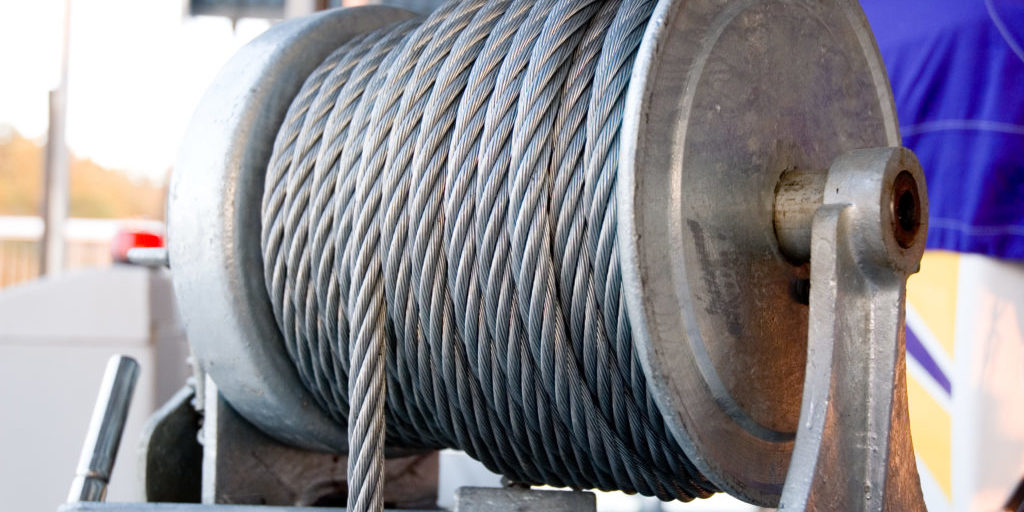Winches are essential tools for boat owners, enabling them to handle heavy loads with ease. However, like any mechanical device, winches require regular care and maintenance to ensure optimal performance and longevity. Read on to explore the key steps and best practices for caring for winches, helping you keep them in top shape and avoid potential issues down the line.
Understanding winch types and components
It’s important to identify the different types of winches commonly used in boating, such as manual and electric winches. You should familiarise yourself with the various components of a winch, including the drum, gears, pawls, and handle (for manual winches) or motor (for electric winches). You also need to understand how these components work together to facilitate the winching process.
Regular cleaning and lubrication
There’s several tips you can follow to ensure your winch is cleaned properly:
- Begin by removing any dirt, debris, or salt buildup from the winch using a brush or compressed air.
- Inspect the winch for any signs of corrosion or damage that may require immediate attention.
- Apply a suitable marine-grade lubricant to the winch components, paying particular attention to the gears, pawls, and drum.
- Remember, regular lubrication will ensure smooth operation and prevent excessive wear and tear.
Proper handling techniques
When it comes to handling your winch, there’s several rules you should abide by:
- Always use the winch handle or control switch with care, avoiding excessive force or aggressive movements.
- Avoid overloading the winch beyond its rated capacity, as this can lead to premature wear and potential failure.
- When winching, maintain a firm grip on the handle and keep your body positioned safely away from the winch to avoid injury.
Inspecting and replacing worn parts
It’s important to regularly inspect the winch components for signs of wear, such as worn gears, broken pawls, or frayed cables. You should replace any damaged or worn parts promptly to prevent further damage and ensure the winch’s continued functionality. It’s also handy to keep spare parts on hand to quickly address any issues that may arise during regular maintenance or boating trips.
Protecting the winch from the elements
In times of storms and heavy rainfall, you’ll want to make sure your winch is protected:
- Consider investing in a winch cover to shield the winch from rain, saltwater, and UV rays when not in use.
- Rinse the winch with fresh water after each boating trip to remove salt residue and prevent corrosion.
- Apply a protective coating, such as a marine-grade wax or corrosion inhibitor, to further safeguard the winch from the elements.
Seeking professional assistance
If you encounter any issues beyond your expertise or if you are unsure about any aspect of winch maintenance, seek professional assistance. Professional boat mechanics or winch specialists can provide expert advice, perform inspections, and carry out repairs if necessary.
When it comes to heavy lifting equipment, Atlas Winch Hire & Hoist Services are the company you need. We provide quality lifting gear to ensure your experience is stress-free and reliable – get in touch today by emailing info@winchhire.com to find out more.








